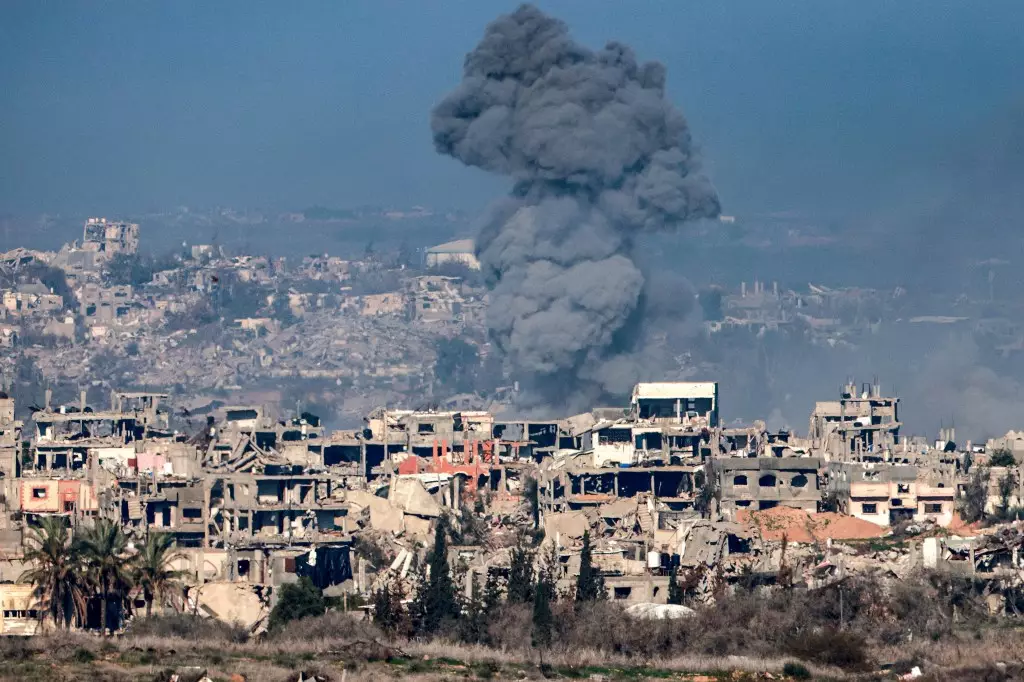On Sunday morning, the long-anticipated ceasefire in Gaza was finally implemented, albeit with a significant delay of nearly three hours beyond its initially scheduled time. Reports emerged from BBC News indicating that residents of Gaza began the painstaking process of returning to their homes, following the conditional release of vital information regarding the first three hostages by Hamas. The stipulated commencement of the ceasefire was set for 6:30 AM GMT, but was stalled due to the last-minute absence of the expected list of hostages. Hamas attributed this setback to what they described as “technical field reasons,” a vagueness that raises questions about the reliability of the organization’s communications under such critical circumstances.
During the three-hour wait for ceasefire confirmation, the situation remained dire, as Israeli airstrikes continued unabated throughout Gaza. Tragically, during this period, the Hamas-controlled civil defense agency reported a death toll of 19 individuals, highlighting the persistent violence that permeated the region even moments before the ceasefire went into effect. The initial three hostages announced for liberation include Doron Steinbrecher, Emily Damari, and Romi Gonen, representing just a small portion of the larger crisis affecting both Israel and Palestine.
The ceasefire offers a flicker of hope in a conflict that reignited with devastating intensity on October 7, 2023, following a surprise attack by Hamas on Israeli territory. The violent incident resulted in the loss of approximately 1,200 lives in Israel and the capture of 251 Israeli citizens by Hamas militants. On the flip side, the repercussions for the Palestinian population have been catastrophic, with estimates suggesting that over 46,000 Palestinians have perished in the conflict. This staggering number reflects the immense toll that the ongoing violence has taken on the civilian population of Gaza, provoking international outcry and statements from human rights organizations regarding potential violations of humanitarian law.
Israeli Prime Minister Benjamin Netanyahu’s acceptance of a deal mediated by the United States and Qatar, which includes concessions such as the release of Palestinian prisoners held in Israel, has been met with significant internal opposition. Figures such as National Security Minister Itamar Ben Gvir and other prominent ministers have resigned in protest against the agreement, showcasing the fracture lines within the Israeli government. Such dissent not only undermines Netanyahu’s authority but also complicates any ongoing or future peace negotiations, as a divided leadership struggles for cohesion amidst escalating tensions.
While the ceasefire in Gaza signifies a momentary halt to hostilities, its fragility is evident. The underlying hostilities, the staggering casualty figures, and the political dissent within Israel present formidable obstacles to achieving lasting peace. The international community watches with bated breath, hoping that this temporary respite can lead to something more sustainable in what has become one of the most complex and tragic conflicts of our time.

